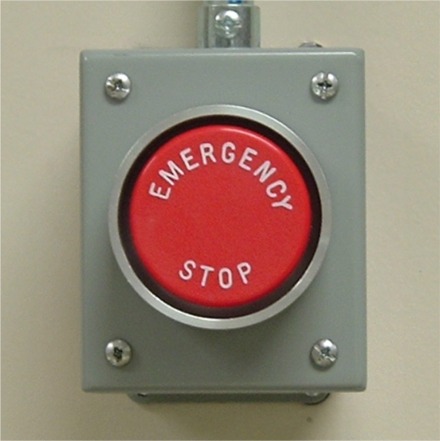
In case of an emergency however, a hardwired interlock can prevent loss of property, limb or life better than software. This is the very particular reason why I always include a hardwired interlock to every software interlock for safety reasons unless there is a very good reason for me not to do so. Notwithstanding the non-dependency on software during testing, commissioning or maintenance.
Before we go any further into the discussion, I would like to give a very simple definition of a hardwired or software interlock. A hardwired interlock is a physical switch installed where an operator or a personel can activate in case of emergency or conditions other than normal operations. A very good example is the “Emergency Stop” button. A software interlock , on the other hand, is a non-physical switch used for the same purpose as a physical switch. This is commonly implemented using PLC or DCS. In case of hardware or power supply failure, the effectiveness of the software interlock is greatly affected.
To use hardwired or software interlocks is always a point of bitter arguments between Electrical and Instrument Engineers. If cost is an issue, software will surely gaining advantage as it will be cheaper to program a switch than install it physically. The prevailing method however will depends on the functional specification of the plant.